Do Birds Dream of Flying?
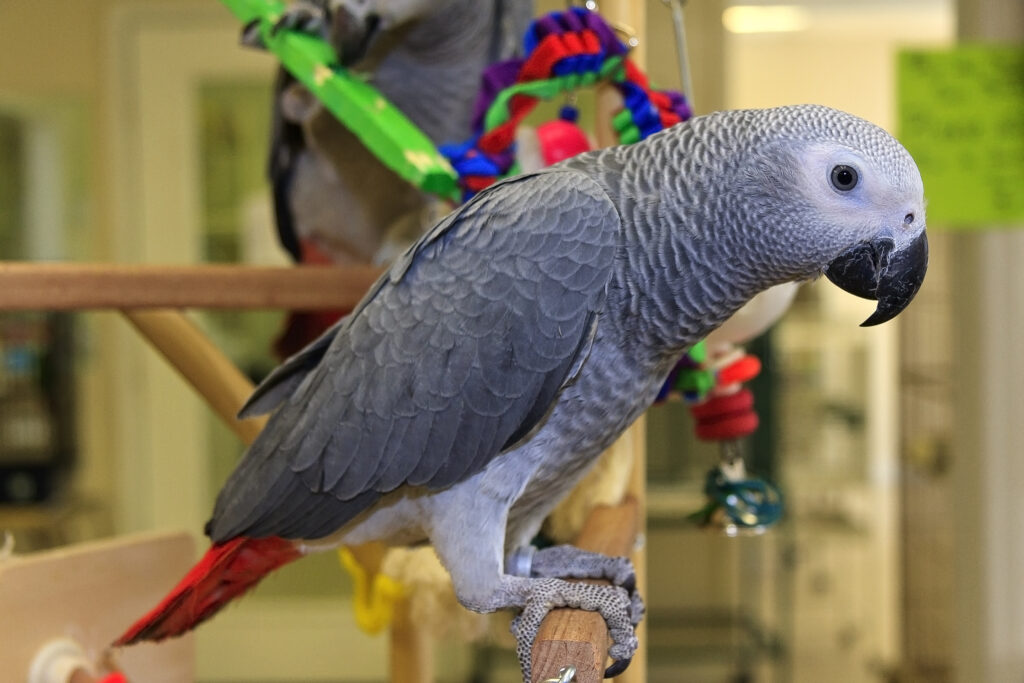
Picture this: a parrot, fast asleep, its tiny claws gripping a perch, its eyelids flickering as if reliving a day in the sky. Could it be dreaming of flight? Scientists think so. Studies on zebra finches have shown that while they sleep, their brains replay the same neural patterns that fire when they sing while awake. This suggests that, just like humans reliving their experiences in dreams, birds might be mentally rehearsing their songs. And if they can dream about singing, why not flying? Their rapid eye movement (REM) sleep, the stage linked to dreaming in mammals, indicates a rich dream world we’ve barely begun to understand.
But their dreams might not just be about the sky. Some researchers believe birds could be simulating complex scenarios—avoiding predators, finding food, or even practicing new tricks. Imagine a pigeon perfecting its next daring rooftop landing in its sleep or an eagle dreaming of a perfect hunt. It’s a fascinating thought: when birds rest their wings, their minds might still be soaring. What remains unknown is whether they experience dreams the way we do—with emotions, narratives, and surprises—or if it’s all instinctual mental playback.
Dogs and Their Dream Chases
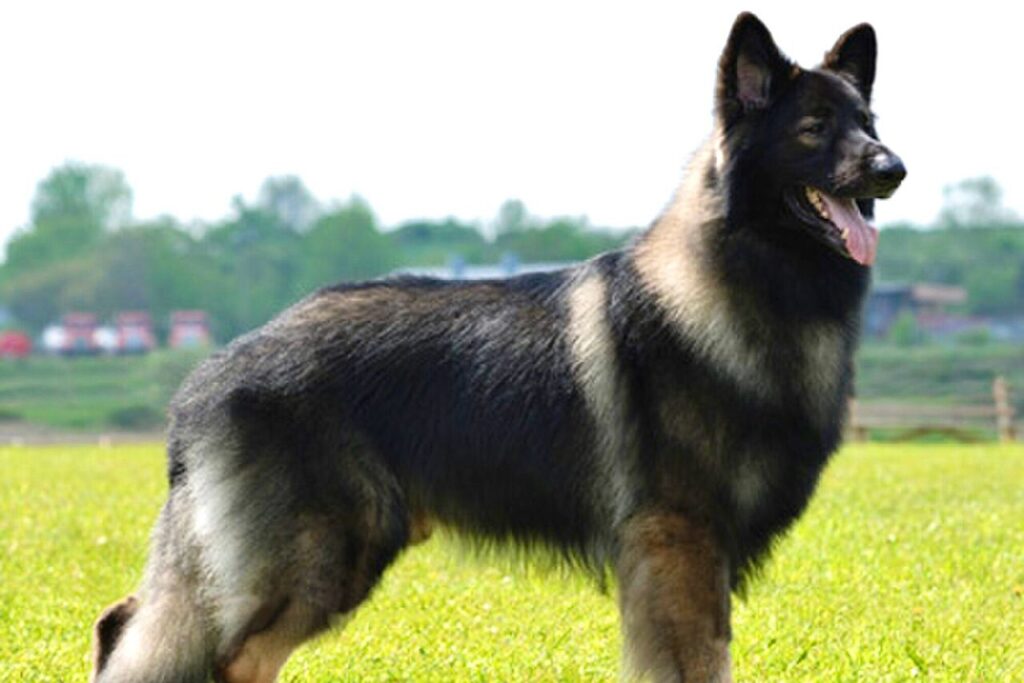
If you’ve ever seen a dog twitch, whimper, or suddenly start running in place while asleep, you’ve likely wondered what’s going on in that fuzzy head. Scientists believe dogs experience dreams much like humans do—replaying moments of their day with a mix of memory, instinct, and perhaps a little fantasy. MRI studies have shown that their brains exhibit similar activity to ours during REM sleep, the stage where dreams occur. That means your pup might really be chasing squirrels, reliving an intense game of fetch, or fantasizing about finally catching that elusive mailman.
Interestingly, size plays a role in their dream frequency. Small dogs tend to have shorter but more frequent dreams, while larger breeds experience fewer but longer ones. And here’s the big question: do dogs dream about us? Some researchers believe they do, meaning your pup might be drifting off to sleep thinking about belly rubs, treats, and that moment you walked in the door. If dogs dream about their favorite humans, it adds a whole new level of sweetness to their sleepy-time tail wags.
Do Cats Dream of World Domination?
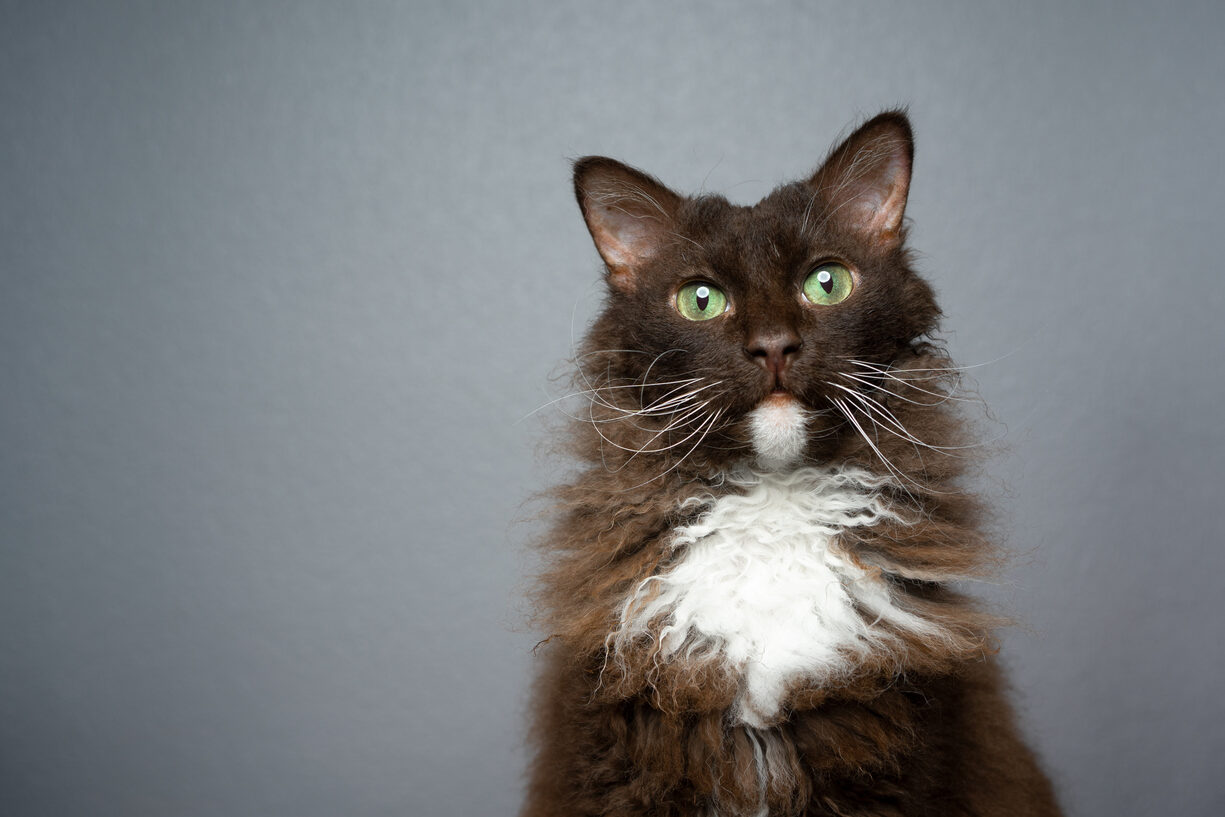
A sleeping cat looks peaceful, curled up like a perfect loaf, but don’t be fooled. Inside that feline brain, something fascinating is happening. Cats enter REM sleep, just like humans, and scientists have observed them twitching, flexing their paws, and making tiny chewing motions—signs that they may be reliving their daily escapades. This suggests that cats, much like dogs, experience dreams. They may even experience vivid dreams, filled with actions from their daily lives. But the real question is: what exactly do they dream about?
Some researchers believe cats dream about hunting, their brains replaying the thrill of the chase. Others suspect that, given their strong territorial instincts, they may dream about defending their domain or surveying their kingdom. And then there’s the more mischievous theory: what if cats dream of the day they finally rule the world? After all, they already act like tiny emperors when awake—why should sleep be any different?
Octopuses: The Color-Changing Dreamers
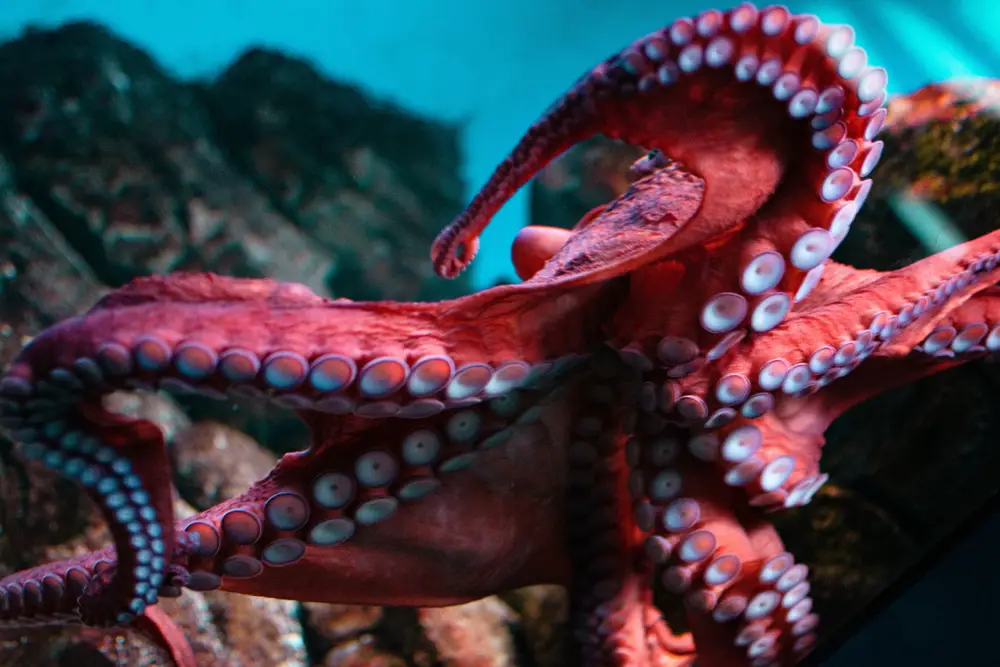
Octopuses don’t just dream—they might show their dreams. Scientists studying sleeping octopuses have observed them shifting colors, their skin pulsing through camouflage patterns as if reacting to an unseen world. This is especially intriguing because octopuses change color in response to their environment when awake, leading researchers to believe that their dream states might involve reliving past experiences. Their remarkable ability to alter their appearance adds an extra layer of mystery to their dreaming behaviors. What could they be dreaming about?
What could they be dreaming about? Perhaps they’re replaying a daring escape, imagining the texture of coral reefs, or even visualizing their next meal. Given their intelligence and problem-solving skills, some experts suspect octopuses might dream more vividly than we realize. If true, they would be one of the few creatures that not only dream but display their dreams for the world to see—an eerie and mesmerizing thought.
Do Rats Dream of Mazes?

Rats are problem solvers, and their dreams might be proof of that. In sleep studies, neuroscientists have found that when rats navigate a maze while awake, their brains fire in specific patterns. Later, when they sleep, those same patterns replay in their minds—almost as if they are running the maze again in their dreams. This phenomenon suggests that sleep may play a role in consolidating memories and improving spatial navigation skills. Some researchers even suggest that dreaming could help rats prepare for future challenges they may face in their environment.
In some experiments, scientists were even able to predict which maze a rat was dreaming about based on its brain activity. This suggests that rats use sleep as a way to strengthen their memories and refine their problem-solving skills. Could a rat be dreaming of its next great escape? Or maybe replaying the thrill of outwitting a predator? If rats can dream about their past, it raises the question: how deep does their dream world go?
Dolphins Sleep With Half a Brain

Dolphins have a bizarre sleep habit: they only shut down one half of their brain at a time. This allows them to stay semi-conscious, surfacing for air while still resting. But what does this mean for their dreams? If only one hemisphere sleeps at a time, do they dream in fragments? Some scientists believe that dolphins may still experience dream-like states, even if their sleep isn’t like ours. This raises fascinating questions about how their brain functions during rest, given their unique need for constant awareness.
Some scientists believe dolphins may still experience dream-like states, even if their sleep isn’t like ours. Given their intelligence and complex social interactions, it’s possible that dolphins replay hunting techniques, practice communication, or relive playful encounters with their pod. Imagine dreaming only with half your brain—would that mean a dolphin’s dream is like a slow, shifting slideshow rather than a movie?
Elephants Never Forget—Even in Their Dreams
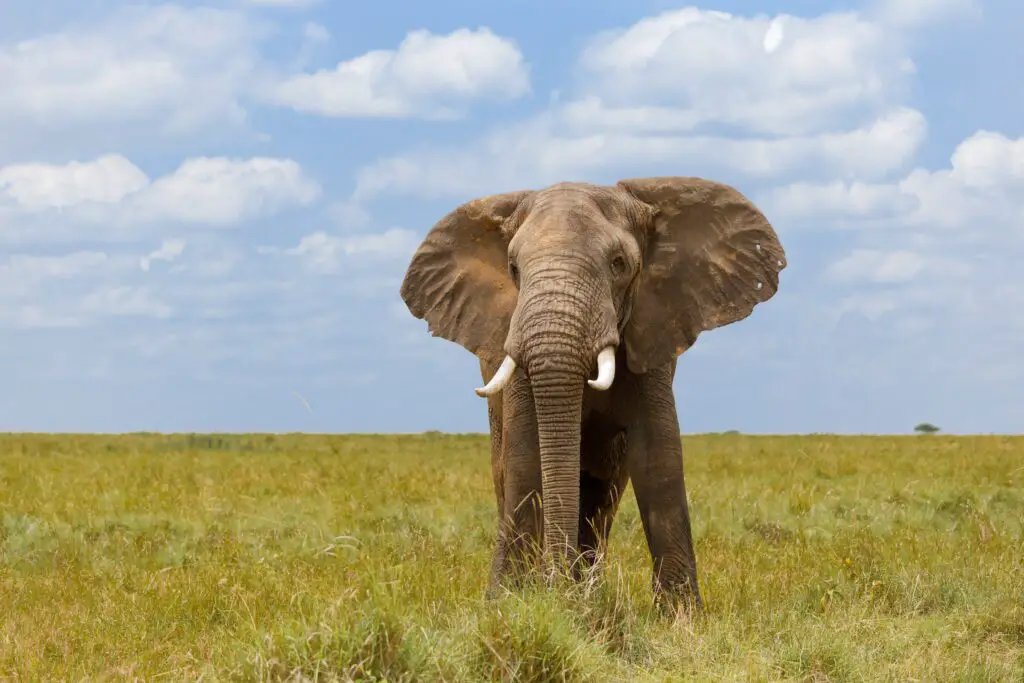
Elephants are emotional giants, known for their deep family bonds, incredible memories, and even mourning their dead. Their sleep cycles suggest they experience REM sleep, which means they could be dreaming. But given their intelligence, their dreams might be far more sophisticated than we imagine. Studies have shown that sleeping elephants sometimes move their trunks or legs as if walking, and some researchers believe they may be reliving social interactions, recalling past events, or even processing emotions in their sleep. This suggests that elephants’ emotional depth may extend into their dreams, giving us a glimpse into their complex inner world.
Studies have shown that sleeping elephants sometimes move their trunks or legs as if walking, and some researchers believe they may be reliving social interactions, recalling past events, or even processing emotions in their sleep. Could an elephant dream of a lost loved one? If so, it would make them one of the most emotionally complex dreamers in the animal kingdom.
The Strange Case of the Zebra Finch
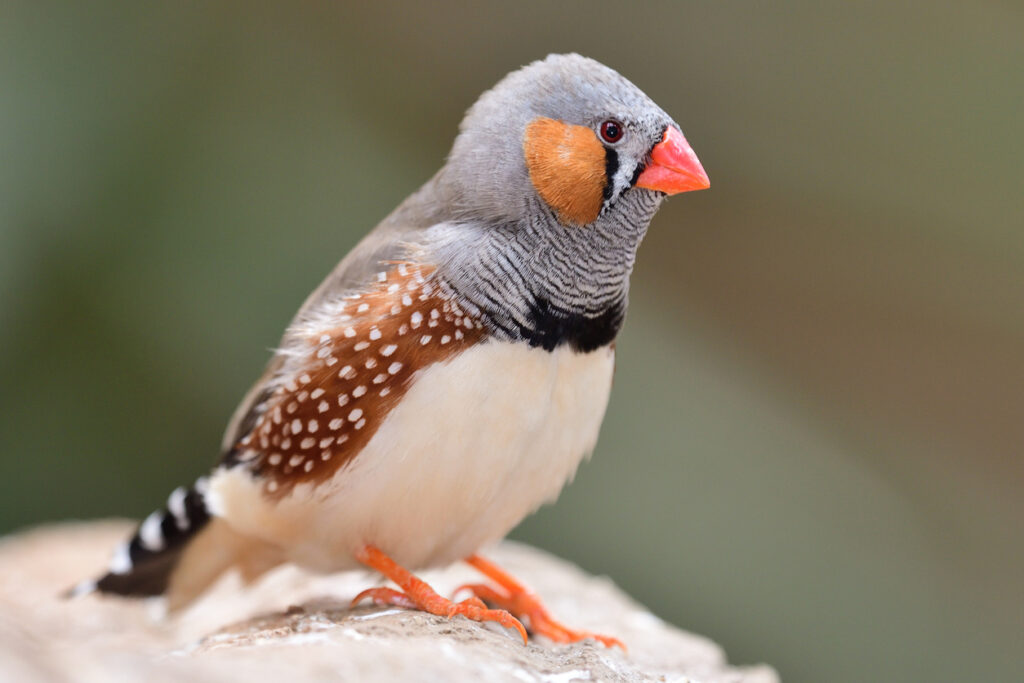
One of the most remarkable discoveries about animal dreams comes from the tiny zebra finch. Scientists have found that these birds practice their songs in their sleep. When researchers played recordings of finches singing, they noticed that the birds’ sleeping brains fired in the exact same patterns, almost as if they were rehearsing their melodies. This fascinating finding suggests that the finches’ brains are actively engaged during sleep, much like musicians fine-tuning their craft. This suggests that dreaming isn’t just about memory—it’s about skill improvement.
This suggests that dreaming isn’t just about memory—it’s about skill improvement. The finches that “practiced” in their sleep performed better when they woke up. It’s a fascinating insight into how dreams could play a role in sharpening not only physical abilities but also cognitive skills. If birds can use dreams to sharpen their abilities, what does that mean for other animals? Could dreams be a built-in learning tool for the entire animal kingdom?
Can Animals Have Nightmares?
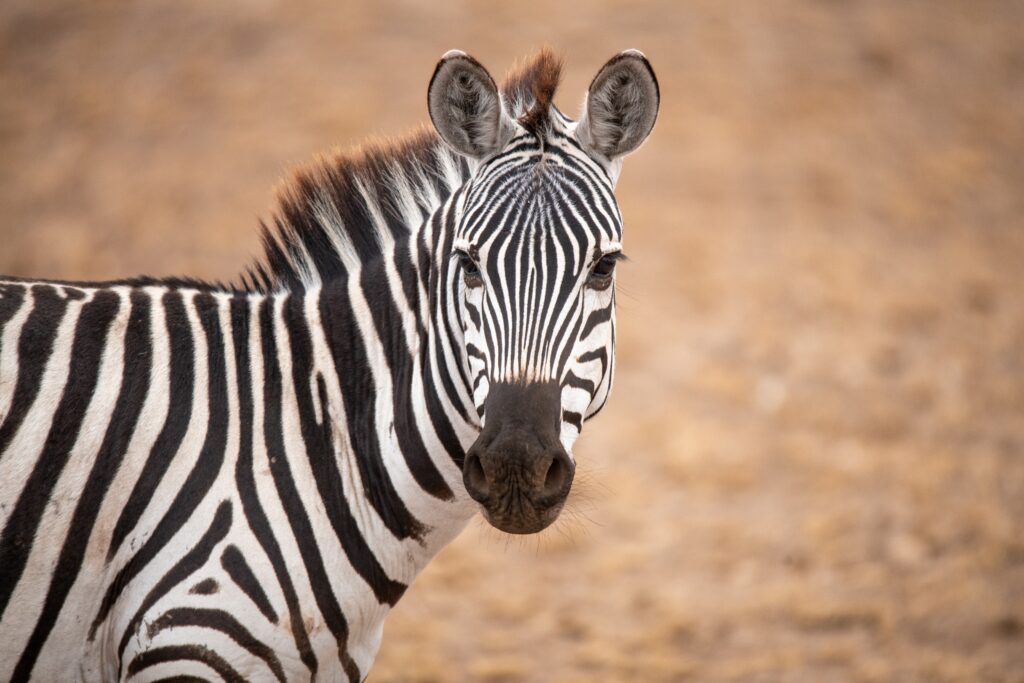
If animals can dream, can they also have nightmares? Many pet owners have noticed their dogs or cats whimpering, twitching, or waking up in distress. Scientists studying rats have found that when exposed to stressful situations, like being chased, they sometimes relive those moments in their sleep. This raises an unsettling question: do wild animals dream of being hunted? If so, their sleep might not always be a place of comfort but one of survival. It’s possible that many animals experience a kind of psychological stress during sleep that reflects the dangers they face in the wild.
This raises an unsettling question: do wild animals dream of being hunted? If so, their sleep might not always be a place of comfort but one of survival. A zebra in the wild may wake up startled not because of an actual predator, but because its mind just spent the night running from one. These nighttime experiences could have lasting effects on an animal’s behavior and mental state. The fear and anxiety that might arise in dreams could mirror the struggles they face during their waking hours.
What Do We Still Not Know?

For all we’ve discovered, the dream world of animals remains a vast mystery. Do fish dream? Do insects have tiny, buzzing nightmares? Could an animal’s dreams be as complex as ours, filled with emotion, imagination, and even storytelling? One thing is certain—sleep is more than just rest. It’s a hidden universe where memories are replayed, skills are honed, and instincts are sharpened. And as we continue to study these creatures, we may uncover more surprising truths about the dreaming minds of animals.
One thing is certain—sleep is more than just rest. It’s a hidden universe where memories are replayed, skills are honed, and instincts are sharpened. We might be on the brink of uncovering incredible secrets about the complexity of animal dreams. As we continue to explore the neurological underpinnings of sleep in animals, we may eventually unlock a deeper understanding of how dreams shape their behaviors. And maybe, just maybe, when birds sleep, their dreams are filled with endless, effortless flight.


